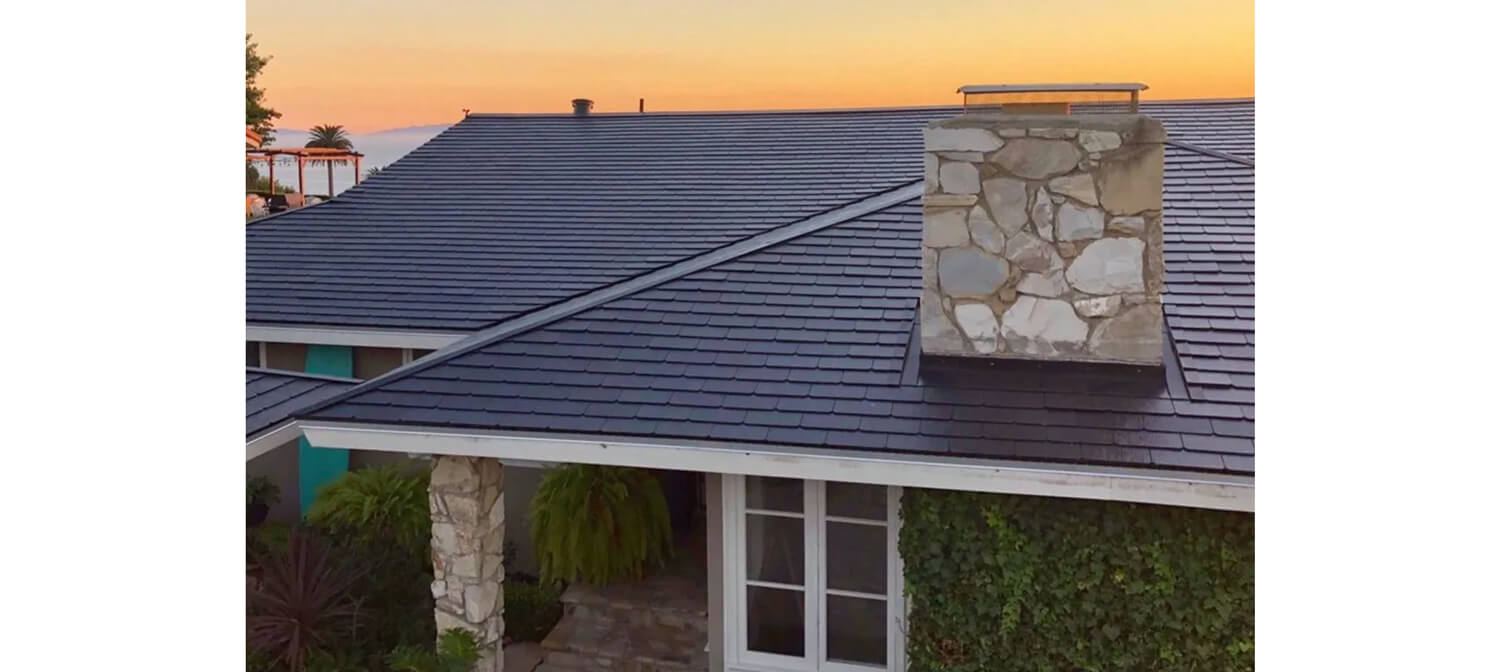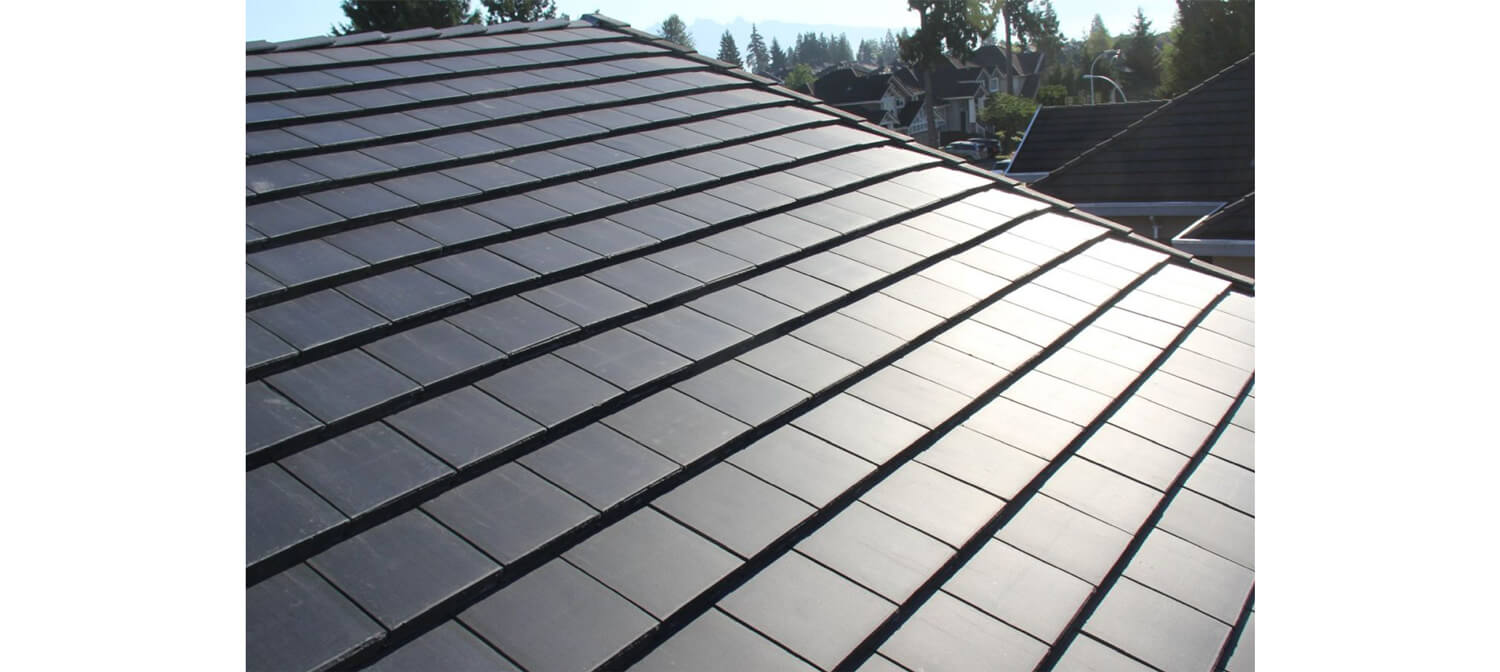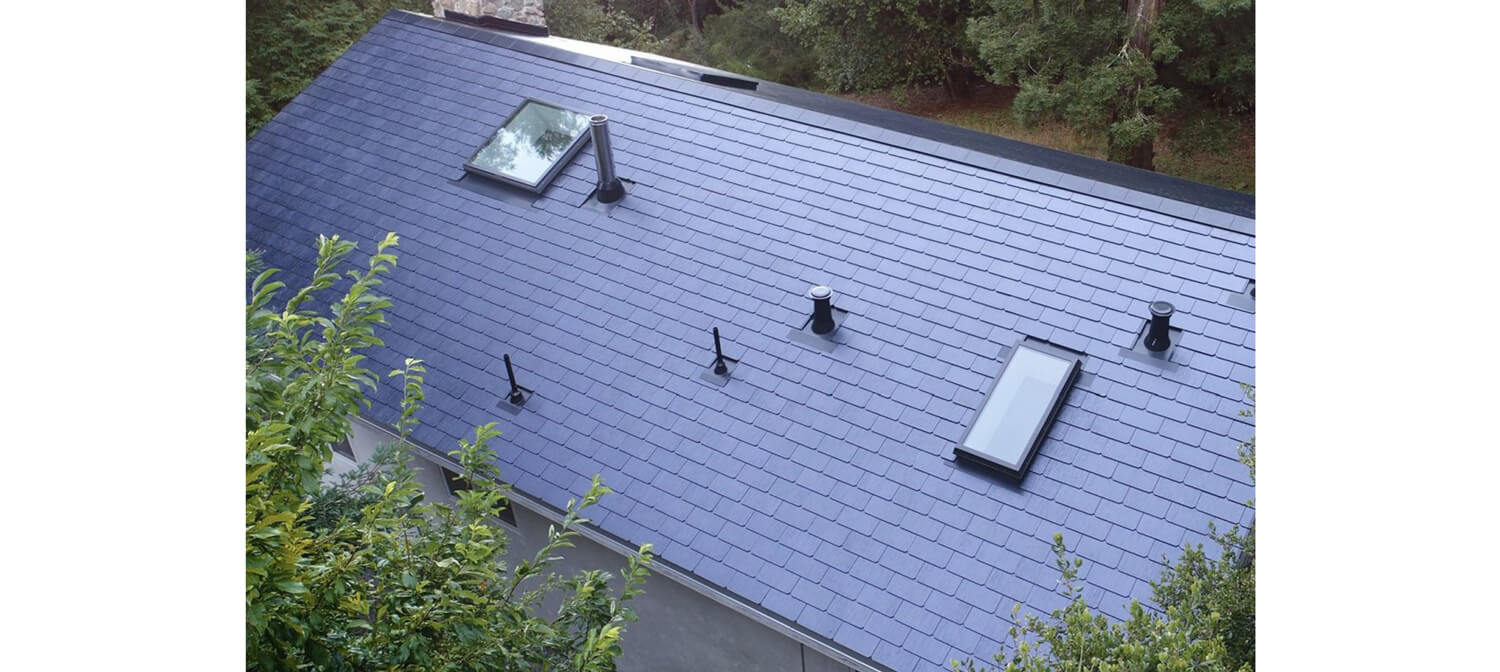
Definition of a solar roof
Definition of a solar roof refers to a roofing system that incorporates photovoltaic (PV) panels, which generate electricity from the sun's energy. Unlike traditional roofs, which serve only to protect a building from the elements, a solar roof is designed to produce energy while also providing all the functions of a standard roof. These roofs can be installed on new constructions or retrofitted onto existing structures.
A solar roof is a versatile option for homeowners who want to switch to renewable energy sources. These roofs are an eco-friendly alternative to traditional roofs and can significantly reduce a home's carbon footprint. Additionally, they can help homeowners save money on their energy bills by offsetting their consumption with the power generated by the PV panels.
While solar roofs are more expensive to install than traditional roofs, they can ultimately save homeowners money in the long run by generating electricity for the home. With advances in technology, solar roofs are becoming increasingly efficient and cost-effective. As the world shifts towards renewable energy, the demand for solar roofs is expected to rise, making them a smart investment for homeowners looking to reduce their carbon footprint and save money on energy costs.

Components of a solar roof
A solar roof typically consists of several components that work together to generate electricity from sunlight. The main components of a solar roof include PV panels, an inverter, a battery storage system, and a monitoring system.
PV panels are the most crucial component of a solar roof, as they are responsible for converting sunlight into electricity. These panels are usually made up of several solar cells that absorb sunlight and convert it into direct current (DC) electricity. The panels are then connected to an inverter that converts the DC electricity into alternating current (AC) electricity that can be used to power appliances and electronics in the home.
The battery storage system is an optional component that can be added to a solar roof to store excess electricity generated by the PV panels. This stored electricity can then be used during times when the panels are not producing enough energy, such as during cloudy days or at night. The monitoring system is also an essential component of a solar roof, as it allows homeowners to track the performance of their PV panels and monitor their energy usage.
The components of a solar roof work together to generate clean, renewable energy for a home. By harnessing the power of the sun, homeowners can reduce their reliance on fossil fuels and take a step towards a more sustainable future.
_panels_2.jpg)
Benefits of installing a solar roof
Installing a solar roof comes with several benefits, both for the homeowner and the environment.
- Cost savings: One of the most significant benefits of installing a solar roof is the potential for cost savings. Once the initial installation costs are recouped, homeowners can save money on their electricity bills by generating their own power. In some cases, homeowners can even sell excess power back to the grid, further reducing their energy costs.
- Environmental impact: Another significant benefit of a solar roof is the positive impact it can have on the environment. Solar roofs generate clean, renewable energy, which reduces reliance on fossil fuels and helps reduce carbon emissions. By installing a solar roof, homeowners can do their part to combat climate change and create a more sustainable future.
- Long-term investment: A solar roof is a long-term investment that can increase the value of a home. According to studies, homes with solar roofs sell faster and at higher prices than homes without solar roofs. Additionally, solar roofs have a long lifespan, with many panels lasting 25 years or more.
- Energy independence: A solar roof provides homeowners with energy independence, allowing them to generate their own power and reduce their reliance on the grid. This is particularly valuable during power outages or other emergencies when the grid may be down.
Installing a solar roof can be a smart investment that provides both financial and environmental benefits. As the technology becomes more advanced and affordable, more and more homeowners are likely to choose solar roofs as a sustainable and cost-effective way to power their homes.

Considerations before installing a solar roof
Before installing a solar roof, homeowners should consider several factors to ensure they make an informed decision. Here are some of the main considerations to keep in mind:
- Roof suitability: The first consideration is whether the roof is suitable for a solar installation. Factors such as the roof's orientation, angle, and shading will all impact the efficiency of the solar panels. A professional solar installer can evaluate the roof's suitability and recommend the best type of panels for the home.
- Cost: Installing a solar roof can be a significant investment, so homeowners should carefully consider the upfront costs and potential savings over time. Homeowners should also research available incentives and financing options to help offset the installation costs.
- Maintenance: Solar roofs require very little maintenance, but homeowners should still be aware of any maintenance requirements. This can include regularly cleaning the panels to ensure they are operating at peak efficiency.
- Building permits and regulations: Homeowners should check with their local government to determine whether building permits or other regulations are required for solar roof installations. Some municipalities have specific requirements for solar installations that homeowners must follow.
- Home value: While solar roofs can increase a home's value, homeowners should also consider the potential impact on their property values. Some studies have found that buyers may be willing to pay more for homes with solar roofs, but this is not always the case.
Homeowners should carefully consider the potential benefits and drawbacks of installing a solar roof before making a decision. By doing their research and consulting with professionals, homeowners can make an informed decision that meets their energy needs and budget.








_panels_2.jpg)
